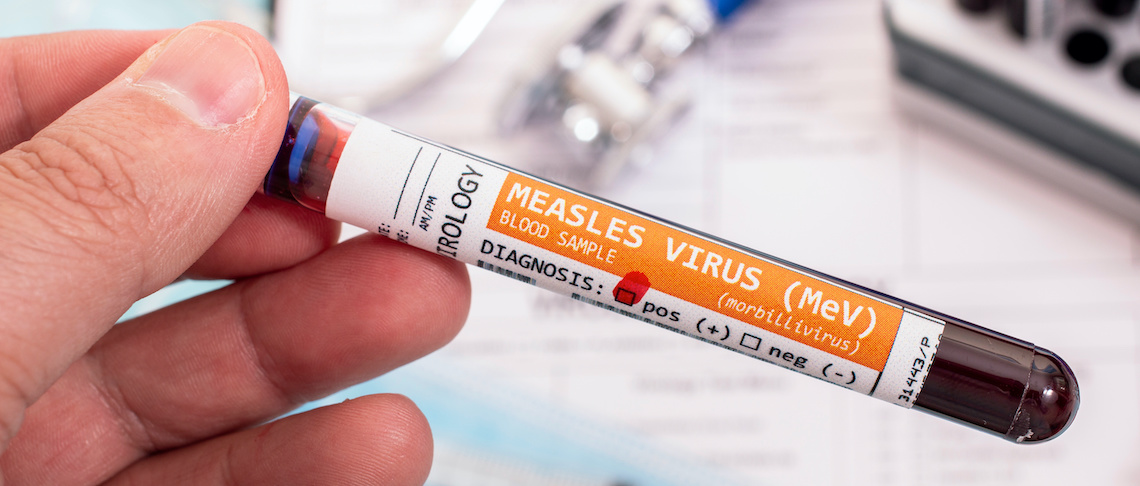Michigan Joins Six U.S. States Battling Measles Outbreaks: Key Facts You Need to Know
Michigan has become the latest state to report a measles outbreak, joining six others across the U.S. in a troubling resurgence of the highly contagious virus. Health officials are urging the public to remain vigilant, as cases continue to climb amid concerns about declining vaccination rates and increased international travel.
The Michigan Department of Health and Human Services confirmed several active measles cases, primarily linked to individuals who had recently traveled abroad. The new outbreak brings the total number of affected states to seven, including California, New York, Florida, Texas, Ohio, and Pennsylvania. The Centers for Disease Control and Prevention (CDC) has issued health alerts as public health authorities race to contain the spread.
Measles, once declared eliminated in the U.S. in 2000, is making a troubling comeback. Experts attribute the rise in cases to vaccine hesitancy, misinformation, and lapses in routine immunization schedules during the COVID-19 pandemic.
“Measles is one of the most contagious viruses known to science,” said a CDC spokesperson. “A single infected person can transmit the virus to up to 90% of unvaccinated individuals who come into close contact with them.”
Symptoms of measles typically begin with a high fever, cough, runny nose, and red eyes, followed by a signature rash that spreads across the body. Complications can include pneumonia, encephalitis (brain swelling), and, in severe cases, death—especially in young children and those with weakened immune systems.
Michigan health officials are emphasizing the importance of the MMR (measles, mumps, rubella) vaccine, which is highly effective in preventing infection. They are urging residents to check their vaccination status and seek immediate medical attention if they suspect exposure or experience symptoms.
In addition to domestic transmission, health authorities are monitoring international travel as a key vector. Many recent measles cases have been traced to travelers returning from countries experiencing large outbreaks, underscoring the global nature of the threat.
Schools, airports, and healthcare facilities are being advised to implement heightened screening and containment protocols to prevent further spread. Local health departments are also conducting contact tracing and offering vaccination clinics in high-risk areas.
Public health experts warn that if vaccination rates continue to fall below the herd immunity threshold—typically around 95%—measles could regain a foothold in the U.S. and trigger larger, harder-to-control outbreaks.
As the situation develops, both state and federal health agencies are calling for renewed public education campaigns, stronger vaccination policies, and community cooperation to prevent further escalation.
Source : Swifteradio.com


